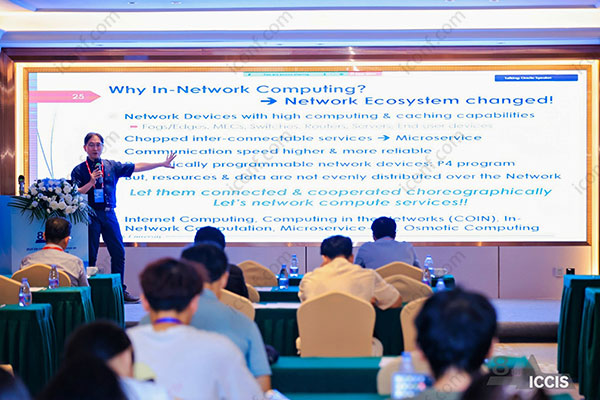

260 views||Release time: Jul 25, 2025
Attending an academic conference is more than just showing up to present your paper. It’s a rare chance to immerse yourself in your field, build professional relationships, and advance your academic career. Whether you're a first-time attendee or an experienced researcher, here’s how to participate effectively in academic conferences and get real value out of the experience.

Review the agenda and identify key sessions, panels, or workshops that match your interests or research field.
Research speakers and attendees—especially those you might want to connect with.
Bring your conference paper, abstract, or business cards, and prepare a short personal introduction.
Preparation helps you engage with confidence and make informed decisions on how to spend your time.
Attend sessions actively: take notes, ask questions, and observe presentation styles.
Participate in Q&A sessions to clarify ideas or introduce your perspective.
Join informal events like coffee breaks, lunches, or poster sessions—they’re often the best places to network.
Being visible and involved creates opportunities for collaboration and recognition.
Rehearse your talk in advance and stay within the time limit.
Make your slides clear and accessible.
Handle questions politely and confidently, even if you're unsure of the answer.
A well-delivered presentation boosts your credibility and attracts future academic connections.
Introduce yourself to other researchers with similar interests.
Exchange contact information or academic profiles (LinkedIn, ORCID, etc.).
Follow up after the event with a polite message to continue the conversation.
Even brief interactions can lead to long-term collaborations or publication opportunities.
After the conference:
Review your notes and identify insights you can apply to your research.
Reach out to new contacts, share your presentation, or ask for feedback.
Update your academic CV or research profile with your participation details.
This final step turns a short event into a long-term investment in your academic journey.
Attending an academic conference is one of the best ways to grow as a researcher. It’s not just about delivering your paper—it’s about learning, connecting, and contributing to your field. For researchers looking to join well-organized, high-quality academic events, platforms like iconf.com make it easy to discover and plan your next opportunity.